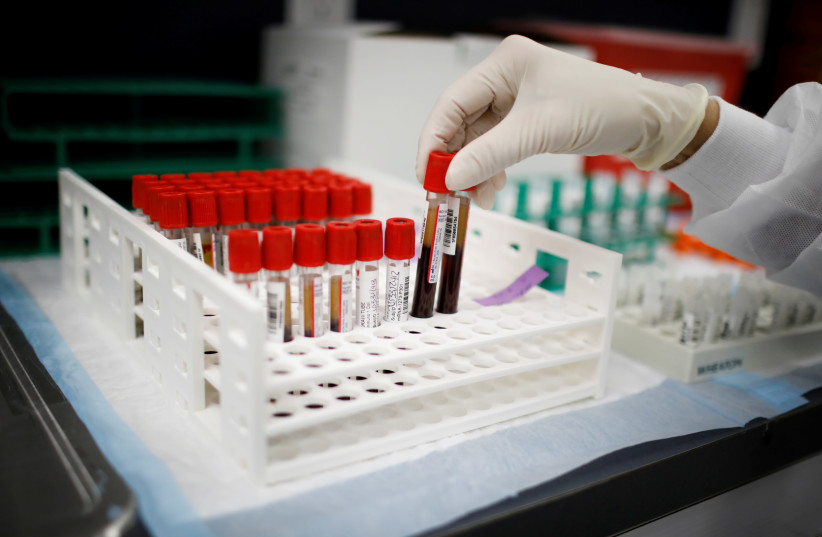There is a blood type so rare that only 43 people in the world have it, and only nine of them donate blood. The blood, known as Rhnull (or Rhesus null), is often referred to as "golden blood" due to its rarity and great value. To understand why this type is so rare and expensive, you need to understand a little about blood types.
There are four main blood types. Blood type A is the oldest, and existed even before the human race evolved from our ancestors.
<br>How did blood types develop?
Type B developed about 3.5 million years ago from a genetic mutation that occurred in one of the sugars on the surface of red blood cells. 2.5 million years ago, another mutation to the gene that is responsible for the type of sugar that the blood cells have, led to the formation of blood type O, whose cells do not have the sugar that causes the formation of blood type A or B.
Sometime over the years another blood type developed - a blood type that has expression of both sugars together and is known as AB.
The blood types are characterized by antigens that are on the cell membrane and trigger an immune response in contact with an environment that is not compatible with them.

The four types of blood cells are classified according to the A and B antigens: blood type A carries antigen A, blood type B carries antigen B, and AB carries both. Blood type O carries none of them. In addition, red blood cells are classified according to the presence or absence of a protein called Rhesus. If it is present, the + mark will be added next to the blood type, and if it is not, the - mark will be added.
<br>What is "golden blood?"
The first case of "golden blood" was identified in 1961 in a woman born in Australia. Since then dozens of other strange cases have been found, and scientists estimate that around 1 in 6 million people worldwide have this blood type. No one knows for sure, but as mentioned there are only 43 confirmed cases.
As mentioned, this blood is considered "universal" blood for anyone who has rare blood types in the Rh system because it lacks any of the antigens that may provoke resistance of the immune system. This means that this blood type has a huge potential for blood transfusions. It has also been used in medical research, such as in the development of immunoglobulin-based drugs used to prevent Rhesus disease, a condition in which antibodies in a pregnant woman's blood attack the blood cells of their baby.
